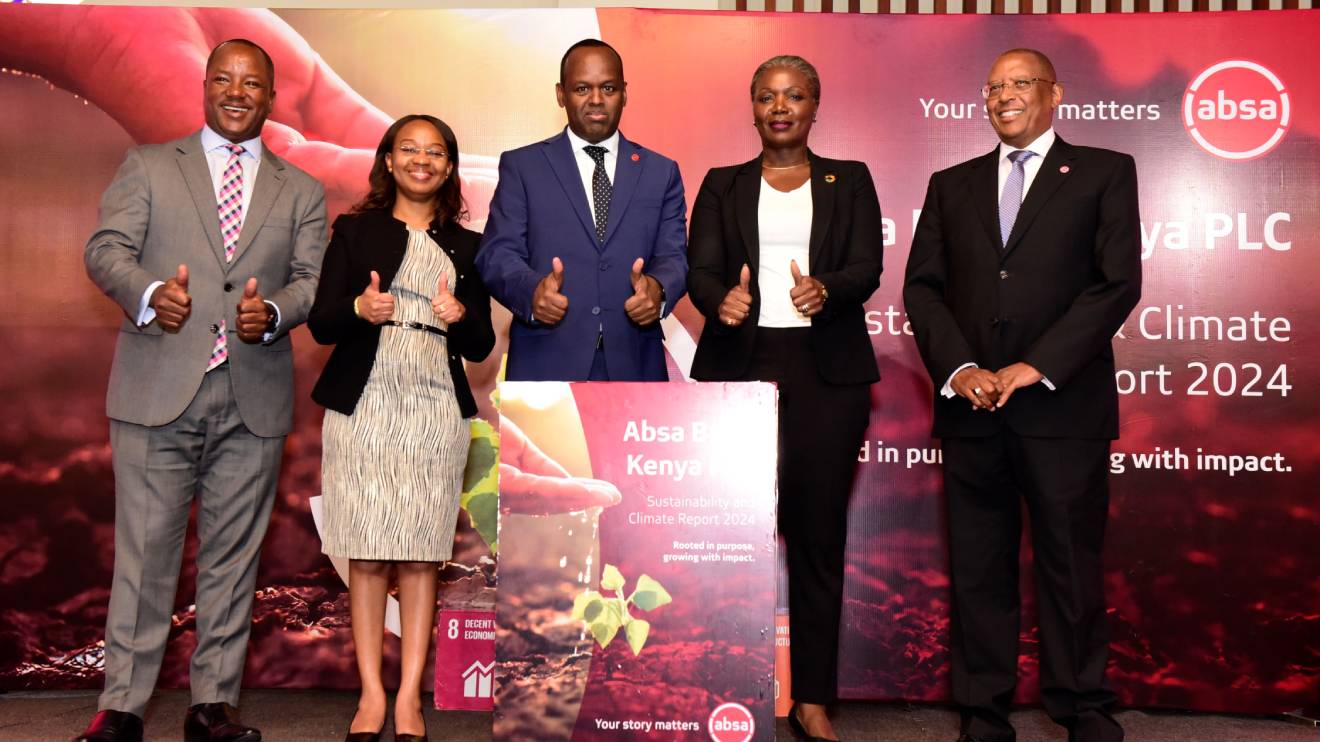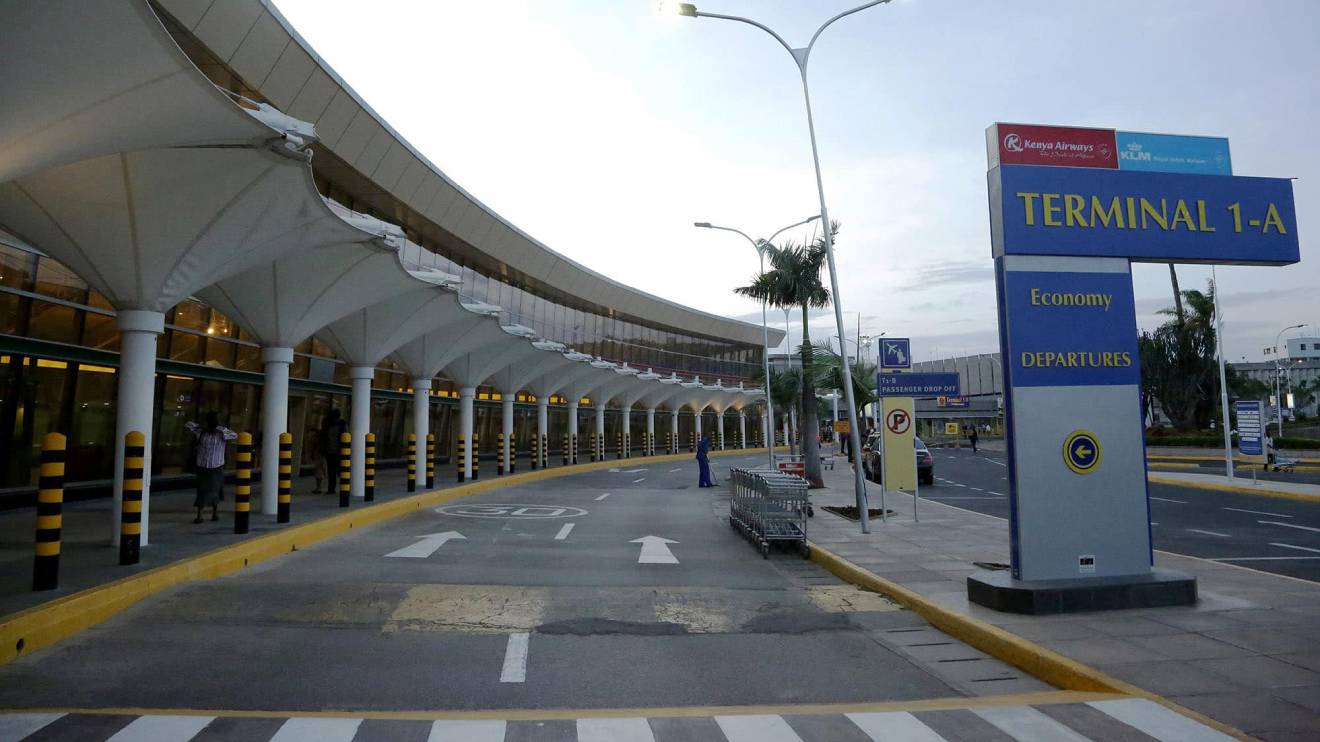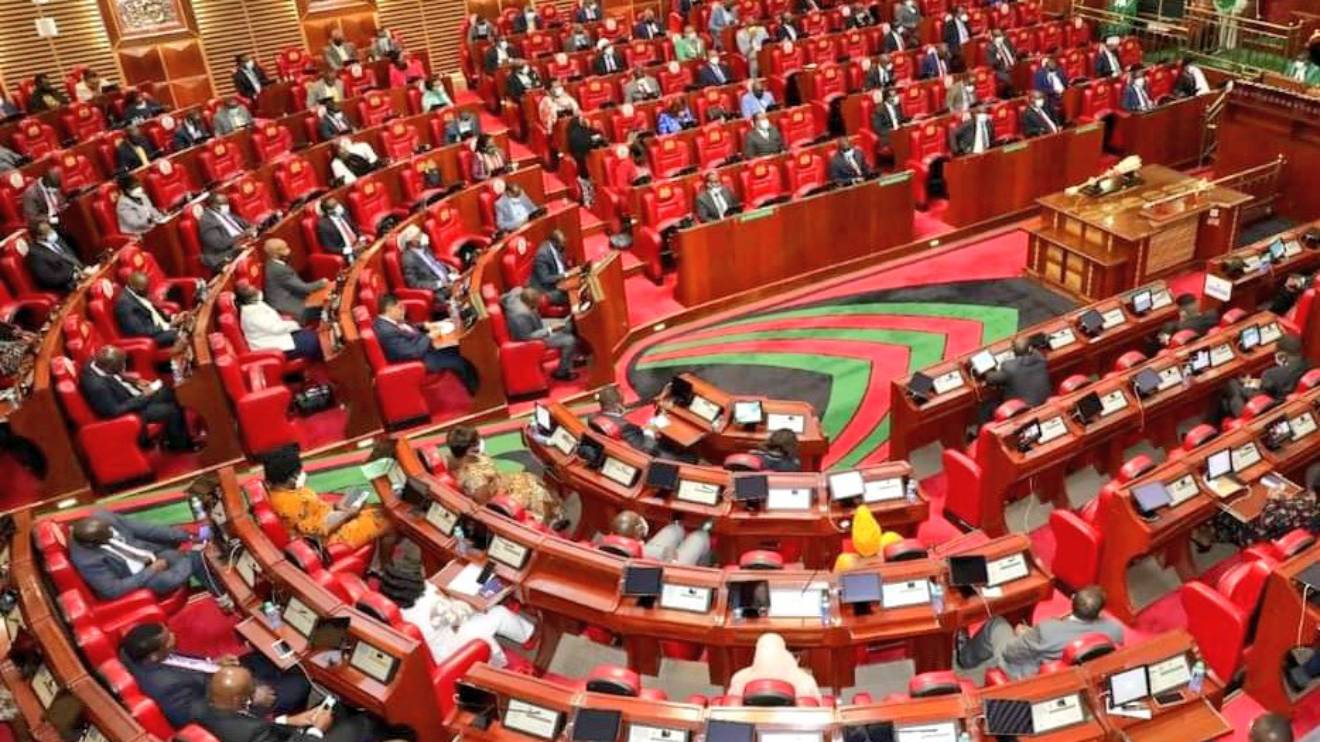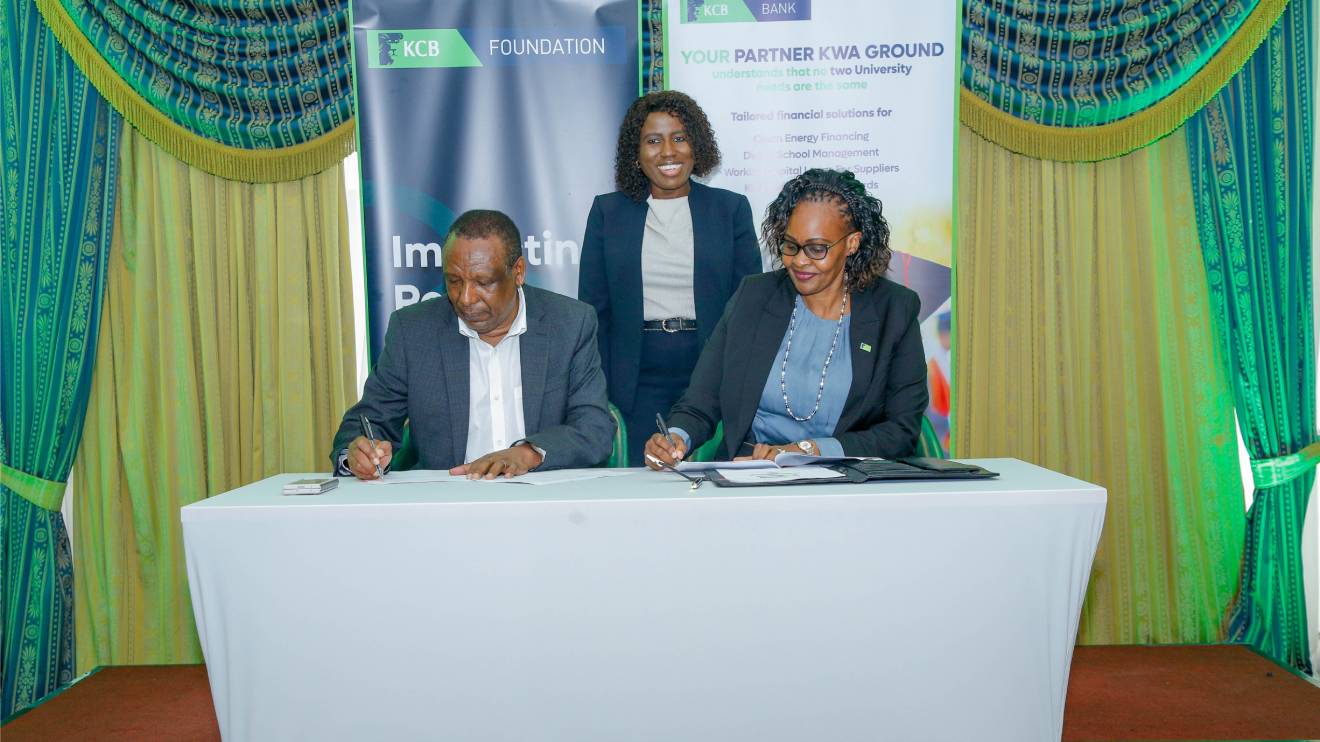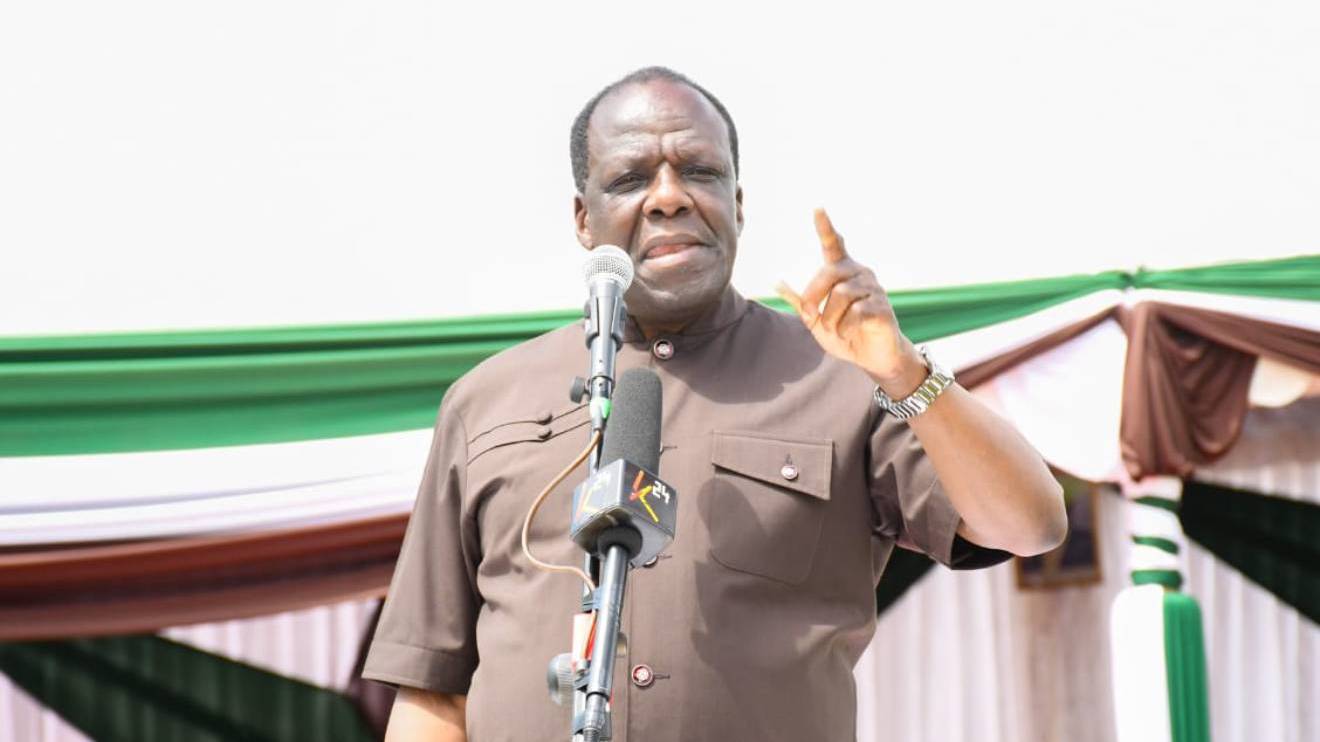Absa Bank Kenya disbursed Sh47 billion in sustainable and climate-related financing in 2024, marking a sharp turn towards green banking in the country’s financial sector.
The funds, channelled into inclusive lending, renewable energy, and environmentally conscious development, are part of a broader strategy to align the lender’s portfolio with Kenya’s Green Economy Strategy and global climate goals.
The milestone was unveiled in the bank’s latest Sustainability and Climate Report 2024, which details its strategic response to rising environmental and social risks and outlines the bank’s vision to become a key driver of inclusive and sustainable finance in the region.
“We are living in a defining moment for business in Kenya and across the region. The intersection of economic resilience, environmental stress, and growing social expectations is reshaping what leadership looks like across sectors,” said Managing Director and CEO Abdi Mohamed.
“Sustainability is no longer a secondary priority, it is fundamental to long-term business value, societal well-being, and national development.”
Read More
The lion’s share of the funding included Sh25.1 billion issued through Timiza, Sh9.6 billion to micro, small and medium enterprises (MSMEs), Sh1.4 billion for low-income households, Sh1.1 billion for women-led businesses, and Sh5.8 billion for youth aged 18–35.
These allocations underscore a growing focus on inclusive finance and climate-resilient livelihoods.
The bank’s climate finance strategy is targeting to green 10 per cent of its portfolio by 2025 and 30 per cent by 2035.
This includes investments in renewable energy, energy efficiency, climate-smart agriculture, and green buildings. Approximately Sh4 billion was specifically directed towards these four areas.
In a further show of commitment, Absa launched the Absa Kenya Foundation, seeded with Sh16.5 million.
The foundation aims to consolidate the bank’s social investment efforts and will focus on four priority areas: education and skills, natural resource management, entrepreneurship, and humanitarian response.
“We are proud of our contribution to building a greener, fairer economy in Kenya,” said Chairman Charles Muchene.
“In 2024, we disbursed Sh47 billion in sustainability-linked and climate-related financing. These funds were channelled to businesses, households, and sectors where they can generate socio-economic value. This financing is about empowering stories of resilience and inclusive development.”
Beyond financial instruments, Absa has also been involved in environmental action, planting 72,000 trees during the reporting year.
The cumulative total now exceeds one million trees, and the bank has avoided 6,906 kg of carbon emissions through its recycling programme, where 94 per cent of 2,745 kg of waste was successfully diverted from landfills.
Other climate-related strides include deployment of smart meter readers for real-time electricity tracking, development of geo-referencing tools to assess asset vulnerability, and introduction of automated systems for emissions accounting.
The bank also completed a verified carbon emissions baseline of 3,211 tCO₂e to enable structured climate reporting.
Absa has woven ESG principles into the fabric of its governance and decision-making frameworks.
The Board approved key sustainability risk policies in 2024, including an ESG Risk Policy, a Greenwashing Policy, and a new Sustainability Risk Framework.
In addition, the Central Bank of Kenya’s climate risk guidance has been implemented bank-wide, with oversight by the Audit and Risk Committee.
“We recognise that robust and transparent reporting is critical to market confidence, and we are committed to deepening the quality and breadth of our disclosures in the years ahead,” said Muchene.
“Our evolving approach is reflective of broader shifts in how capital markets evaluate long-term value and risk.”
On the human capital front, Absa reported a colleague experience index of 70 and a job satisfaction score of 7.94.
The gender balance remained almost equal, with a female-to-male ratio of 51:49.
The bank invested Sh107 million in community activities involving 635 staff across 63 teams, while training programmes reached 503 women-led SMEs and 263,410 young people through its flagship ReadytoWork programme.
The bank continues to align its reporting with international standards, including IFRS S1 and S2, and the Global Reporting Initiative (GRI), with a goal to achieve full compliance by 2027.
It also continues to engage with stakeholders, ranging from regulators to community groups, to shape its sustainability priorities.
Looking to the future, Absa says it plans to revise its 13 sustainability commitments in 2025, grounded in emerging risks and stakeholder input. As
Mohamed concluded, “We will remain anchored in our true north to empower Kenya’s future, one story at a time, and contribute to a more resilient, equitable, and sustainable tomorrow.”

